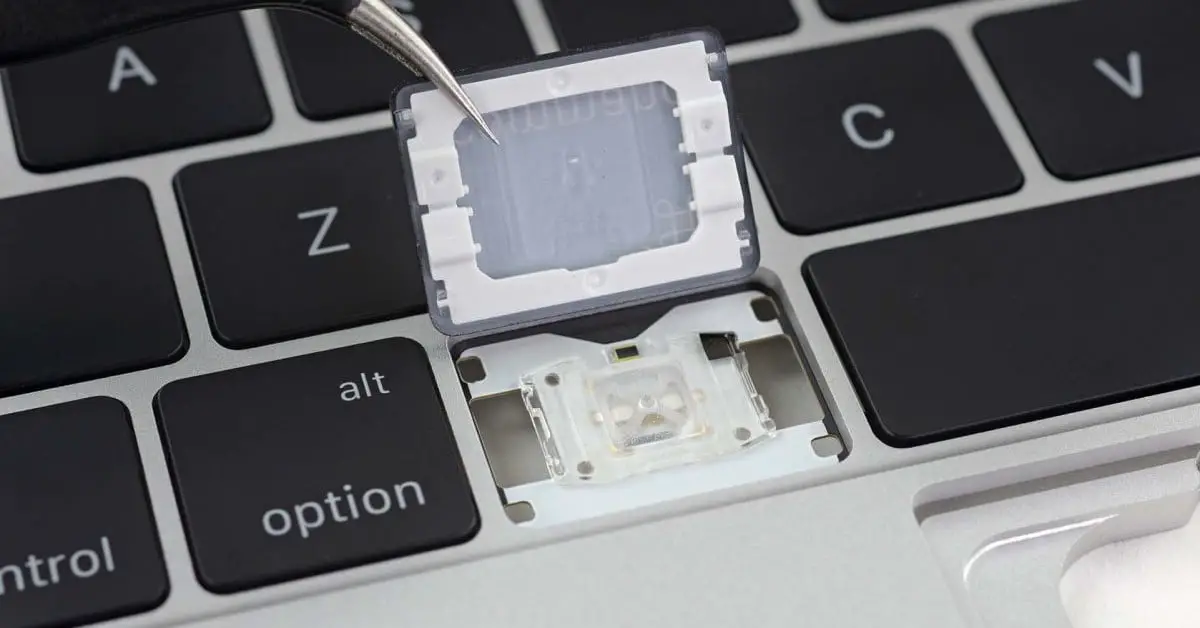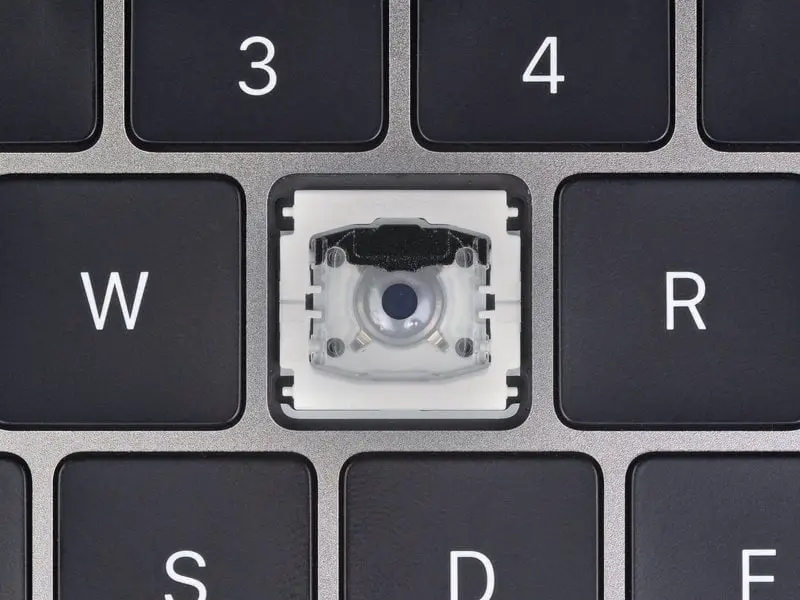Lately, we have learned that a US judge has certified a class action against Apple over butterfly keyboards. The technology sector will not forget Apple’s butterfly keyboard for a long time. This system that replaced the mythical scissor keyboard of the MacBook for a while brought many problems to the company, even after many modifications. Now the company is facing legal problems promoted by some users.
US judge certifies class action lawsuit against Apple
Now, a judge believes that these accusations are right. Edward Avila, a California judge has given the green light to a class action lawsuit against Apple by users of MacBooks with butterfly keyboards, covering all those located in California, New York, Florida, Illinois, New Jersey, Washington, and Michigan.
All MacBook models marketed with a butterfly keyboard are included in the case. A new judicial step for a lawsuit that began in 2018, 3 years after Apple began to implement the butterfly keyboard on virtually all its MacBooks.

The controversial butterfly keyboard
Many users complained about the keyboard’s durability problems. They complained that the keyboard, being thinner than the usual scissor keyboard, allowed dust particles to pass through, which caused dust to accumulate under the keys over time. This caused keystroke problems, durability problems, and so on.
After several adjustments and replacements to this design and after numerous free repairs, in 2020 Apple abandoned this system. The class action lawsuit claims that Apple was aware of these problems and especially the changes were not sufficiently useful.
The lawsuit cites internal Apple communications, going so far as to post allegedly transcribed texts of actual conversations between company employees. In one, for example, we can read an Apple executive criticizing the butterfly keyboard: “No matter how much lipstick you try to put on this pig (referring to the butterfly keyboard), it’s still ugly.”

The plaintiffs accuse Apple of having breached all types of consumer legislation at both the state and national level, and the law firm behind the case has recommended that any purchaser who has bought an affected MacBook should, at the very least, should complete a survey to bolster the case or alternatively join the lawsuit.
The company has defended itself, unsuccessfully, on the grounds that this consolidated lawsuit should not cover all modifications previously made to the butterfly keyboards.
However, the complainants counter-argued by asserting that all butterfly keyboards can have the same defects due to the narrow spaces between the keys and the low profile of the keys. According to the lawsuit, “None of the design differences that Apple points to changed the tight spaces between the keys, nor the low-travel aspect of the design.”
Ultimately, Apple will have to prove to the judge that they did not make the weak keyboard design on purpose.





